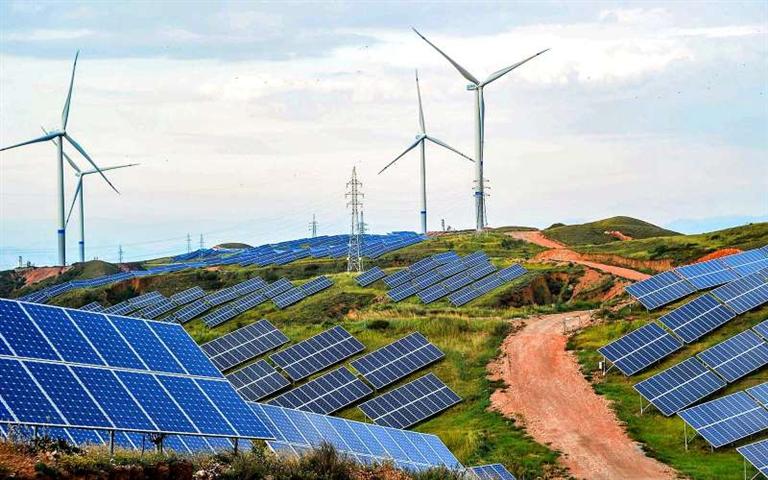According to Energy and Water Minister Walid Fayad, the initiative, approved during the last cabinet session, authorized 11 companies to produce energy with support of clean sources, a sign of the reform strategy in the sector.
Those plants are distributed throughout the Lebanese territory, three in the Beqaa Valley and three others in the northern and southern region, as well as two in the mountains.
Fayad stressed that the aim is to facilitate the exchange of energy between producers and consumers within the private sector, in order to achieve progress in sustainability.
Since late 2019, this country has been going through the worst economic and energy crisis in decades, as a result of which the Lebanese pound lost more than 100 percent of its value against the US dollar and the population suffers power outage of up to 14 or more hours a day due to shortage of fuel.
pgh/iff/jcm/yma









